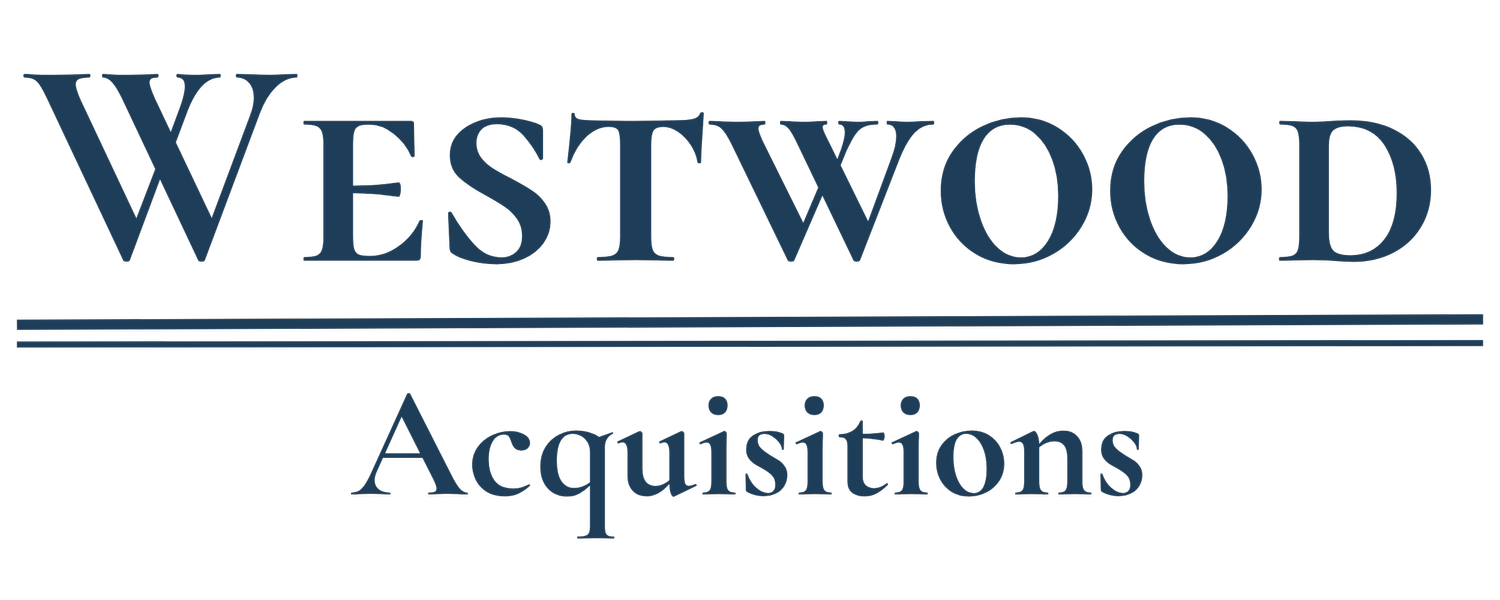Create the life you deserve by building wealth & passive income
Own the asset, not just a stock ticker.
The Westwood Advantage.
At Westwood Acquisitions, we specialize in acquiring cash-flowing multifamily properties with strong value-add potential, ensuring stable returns and long-term appreciation for our investors. Our conservative investment approach prioritizes capital preservation and equity growth over time. Our properties generate monthly or quarterly passive income, often tax-free due to strategic depreciation benefits.
Multifamily real estate offers a safe, recession-resistant alternative to traditional investments, providing a hedge against inflation while allowing investors to build wealth through equity growth. Whether you're looking for consistent cash flow, long-term appreciation, or a tax-advantaged investment vehicle, Westwood Acquisitions is your trusted partner in creating financial freedom through real estate.
Why multifamily real estate?
-
Even after your initial invest is returned, you will continue to hold equity and receive distributions from each property invested in.
-
Unlike stocks, which rely on price appreciation and dividends (if any), multifamily real estate generates consistent, predictable cash flow through rental income. Many syndications pay distributions monthly or quarterly, creating a reliable income stream.
-
Unlike stocks, which rely on external market forces, multifamily operators can force appreciation by:
-Renovating units to increase rents.
-Improving operations to cut expenses.
-Raising occupancy and NOI (Net Operating Income).This hands-on approach directly increases the property’s value, whereas stock investors have no control over a company’s performance.
-
Real estate typically appreciates over time and rents increase with inflation, meaning your investment retains purchasing power. The stock market, however, can be negatively impacted by inflation due to rising costs and interest rate hikes.
-
People always need a place to live, even during economic downturns. In the 2008 crash, while home values plummeted, rental demand surged as foreclosures forced many into apartments, driving strong occupancy and steady cash flow for multifamily investors.
-
Stocks are paper assets that can go to zero (think: Enron, Lehman Brothers). Real estate is a hard, tangible asset that is insured and retains intrinsic value, even in downturns.
-
Your investment returns will be mostly, if not entirely, tax-free due to depreciation and cost segregation, which reduce taxable passive income.
Plus, if we sell, you can defer capital gains taxes by reinvesting through a 1031 exchange. This means more money in your pocket compared to stocks, which are taxed at every step.
-
Multifamily real estate is less volatile than the stock market. Stocks can swing wildly based on news, economic conditions, or market sentiment, while people always need housing, making real estate more stable during downturns.
-
As an Limited Partner (LP), your liability is limited to your investment—you’re not personally responsible for the property’s debt, unlike direct real estate ownership. The stock market has no such built-in downside protection.
The Westwood Acquisition formula
1. Acquisition
Easier said than done! We evaluate and underwrite hundreds of deals, selecting only properties that meet our strict cash flow and value-add criteria to ensure a profitable investment.
2. Forced Appreciation
A unique advantage of commercial multifamily properties is that the valuation is based on NOI (Net Operating Income) and not comparable sales like in residential real estate. Through strategic rent increases, operational efficiencies, and property improvements, we can boost NOI and force appreciation, driving up the property’s market value.
3. Refinance
Now that the property is worth more, we take out a new loan at the higher valuation, which pays off the old loan with room to spare. This extra capital is used to return investors’ original contribution—often with additional profit— while maintaining ownership of the property.
4. Disposition
Let’s not forget that investors have been receiving monthly or quarterly (typically tax-free) cashflow from the property since the acquisition (step 1). After the refinance we will strategically decide whether to sell at peak value around year 5, or hold for long-term continued passive income.
Contact Us
Interested in working together? Fill out some info and we will be in touch shortly. We can’t wait to hear from you!


